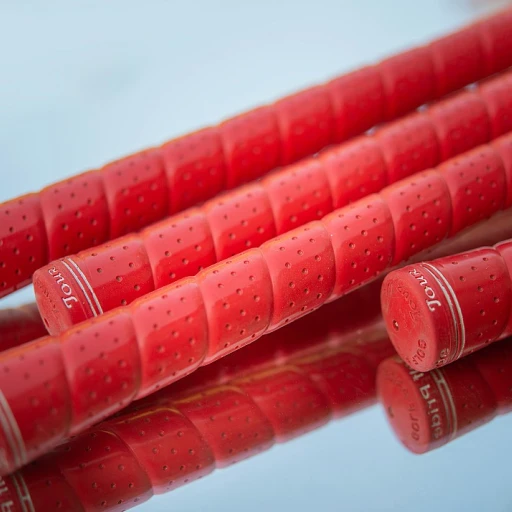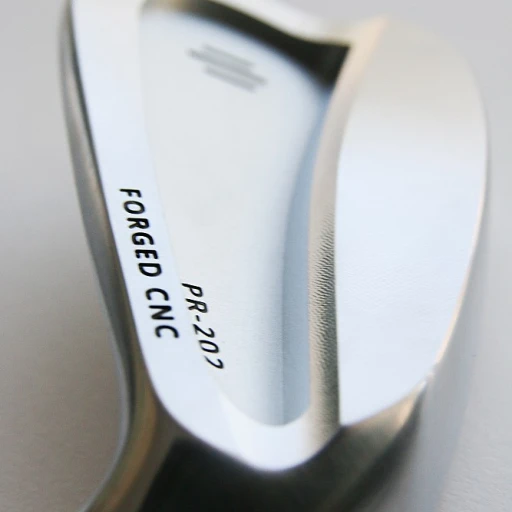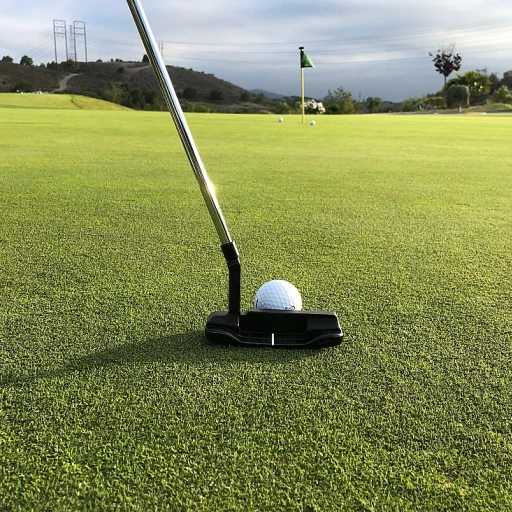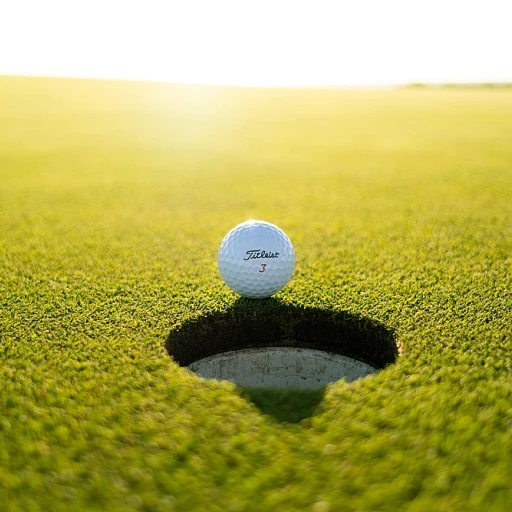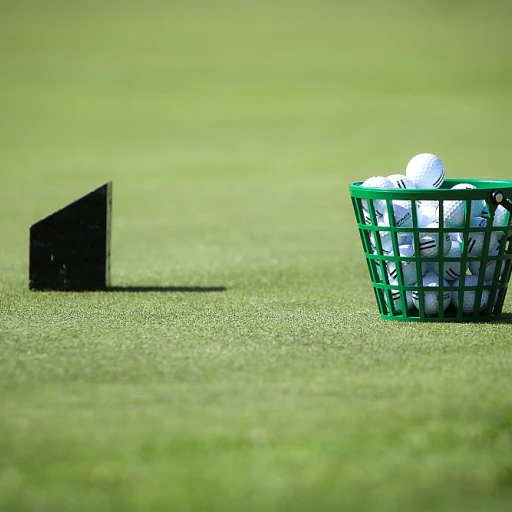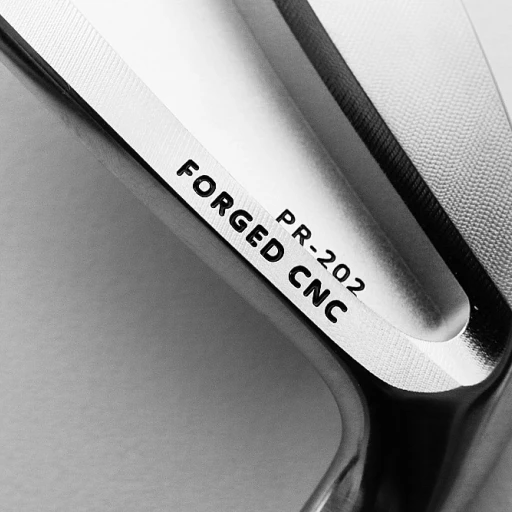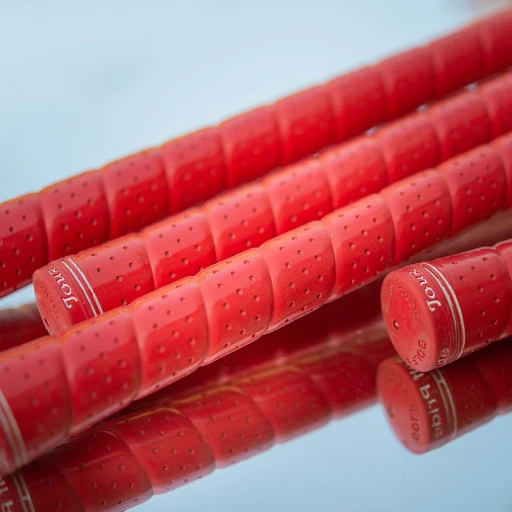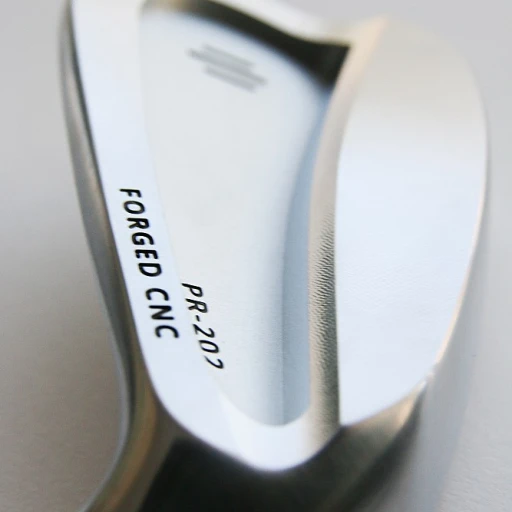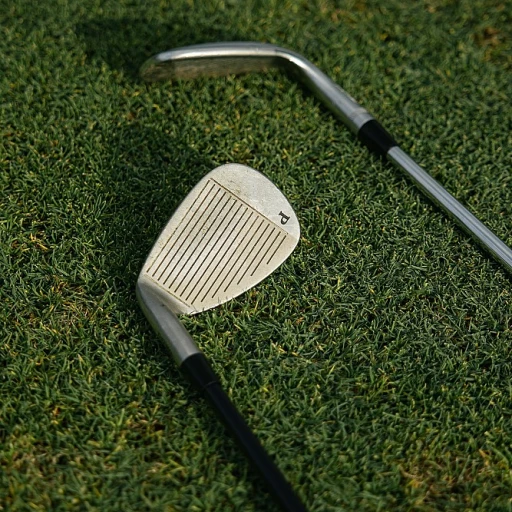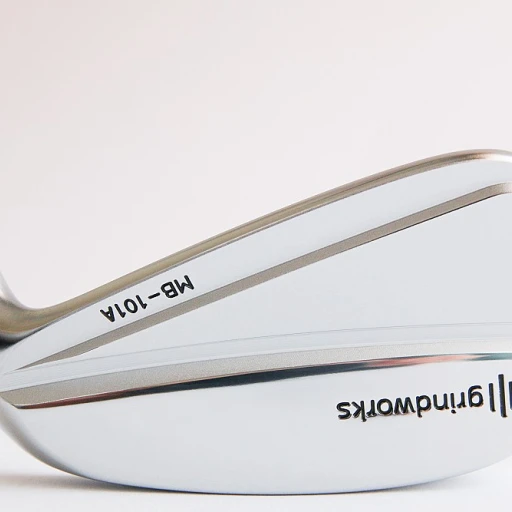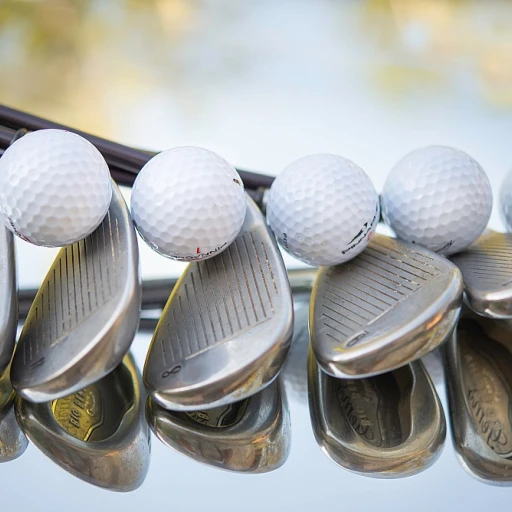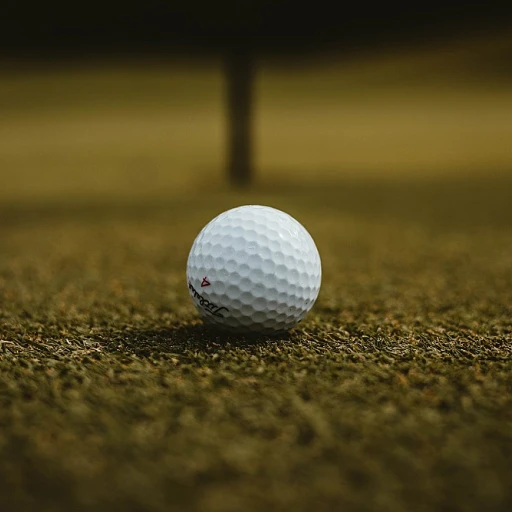
Understanding Golf Ball Composition
Decoding the Core: What Lies Inside Your Golf Ball?
When it comes to understanding golf ball composition, the core represents the foundation of the ball's capabilities on the course. The material inside a golf ball is often pivotal in determining whether a ball is classified as 'soft' or 'hard', and this distinction can significantly impact your game.
Typically, softer golf balls have a lower compression rating. This low compression allows the ball to compress more easily on impact with the club, providing a soft feel and increasing control for short game finesse. Players with slower swing speeds benefit from the enhanced feel and control these balls offer.
Conversely, hard golf balls are characterized by higher compression, suited for golfers with faster swing speeds. These balls tend to deliver increased distance, thanks to a firmer core, which can result in better ball flight and lower side spin. For professionals or advanced players looking to maximize distance without sacrificing accuracy, hard golf balls often prove to be the best choice.
Whether opting for the soft touch of a low compression ball or the robust power of a higher compression alternative, understanding the composition of golf balls plays a vital role in selecting the option that aligns perfectly with your playing style. For more in-depth insights into how compression affects your game, you may want to read about finding the perfect golf ball for high swing speed.
Performance on the Green: Soft vs Hard
The Impact of Golf Ball Composition on Green Performance
When it comes to performance on the green, the composition of a golf ball significantly influences its interaction with your club and ultimately determines your success in the short game. Golf balls are generally categorized into soft and hard options, each offering distinct advantages that cater to various playing styles.Soft vs Hard: Feel and Spin
- Soft golf balls, distinguished by their low compression ratings, offer a softer feel, which is favored by players seeking greater control and more spin around the greens. Their softer construction allows for more deformation at impact, creating a sensation of touch that many golfers appreciate, especially those with slower swing speeds.
- In contrast, hard golf balls typically feature higher compression rates, lending themselves to players with faster swing speeds. These balls are known for their durability and ability to achieve a longer ball flight, but may sacrifice a degree of spin and feel, making them less ideal for delicate shots around the green.
- Performance-focused players often prioritize ball control on the green. Softer balls are frequently preferred by those seeking nuanced distance control and superior side spin, particularly beneficial in the short game.
- Conversely, those who prioritize distance over touch may opt for harder balls. While these might lack the finesse of soft balls, they can provide a consistent and reliable path when aiming for the cup.
Distance and Accuracy: What to Expect
Distance Expectations with Different Golf Balls
When it comes to golf balls, players often ponder whether soft or hard balls would give them the best distance. Understanding how each type of ball performs is crucial for optimizing your golf experience. Soft golf balls generally possess a low compression rating, allowing them to maximize its energy transfer at slower swing speeds. This effectively grants more distance for players with a moderate swing. These softer balls offer a softer feel during impact, reducing side spin and assisting in maintaining better control over the ball flight. Ideal for individuals who prioritize a soft touch and need balance between distance and control. On the other hand, hard golf balls, often boasting higher compression ratings, are tailored for faster swings that demand greater energy transfer. With these balls, players with more club speed can achieve maximal distance due to the solid feel and lesser spin. Hard balls are best for those with fast swing speeds seeking to cover more ground quickly without sacrificing distance control. Performance difference due to compression becomes substantially evident on the course, especially among players with varying swing speeds. Whether you're favoring a soft feel or a more solid impact, it's pivotal to match your ball choice to your swing speed and the characteristics of your game. For those looking to fine-tune their approach, our guide on luxury gear for cold-weather golfing highlights how embracing the elements can influence your game, ensuring the right golf ball is just one piece of the performance puzzle.Luxury Golf Balls: A Class Apart
Elevating Your Game with Luxury Golf Balls
For those in the market for the finest golf products, luxury golf balls are the pinnacle of performance and sophistication. These top-tier golf balls offer a unique blend of exquisite craftsmanship, advanced technology, and premium materials, making them highly desirable among discerning players. When selecting a luxury golf ball, players can expect an outstanding level of performance on the course. These balls are meticulously crafted to provide superior distance control and exceptional feel. Whether your swing speed is fast or slower, luxury golf balls are designed to enhance both your long game and short game, delivering a refined balance between distance and precision. Luxury balls often boast a lower compression rating, offering a soft feel upon impact that caters to players seeking a smooth, pleasant experience. Feel is a crucial aspect for many golfers; a softer ball feel can lend itself to better spin control, particularly around the greens. However, luxury golf balls are not just about a softer feel. For those golfers who prefer a harder golf ball for maximum distance, these high-end options also cater to that need. With a perfected blend of materials, they deliver reduced side spin and an optimized ball flight, enhancing accuracy without sacrificing distance. Players striving to improve every aspect of their game should consider the unique advantages luxury golf balls can offer. For those who appreciate opulence and peak performance, these golf balls represent the ultimate choice. As luxury options for clubs are vast, so too are the impressive possibilities available with premium golf balls, each meticulously constructed to elevate your game to the next level.Choosing the Right Ball for Your Game
Finding Your Ideal Golf Ball Fit
Selecting the right golf ball for your game is crucial in achieving optimal performance. Your choice should be guided by a few key factors: swing speed, desired feel, and the required level of control and spin. Understanding these aspects can greatly enhance your play on the course.
1. Swing Speed: Players with faster swing speeds generally benefit from golf balls that have a higher compression rating. These balls offer more control and distance due to the higher resistance provided at impact. On the contrary, those with slower swing speeds might find better performance with softer balls featuring a lower compression rating, as they deliver an enhanced feel and improved distance.
2. Feel and Control: The feel of a golf ball significantly affects how players connect with their game. Softer balls tend to offer a superior soft feel, making them highly favorable for short-game shots where precision and touch are paramount. Conversely, harder balls provide solid feedback that can be preferred by some players for long-distance shots.
3. Spin and Flight Path: Another vital consideration is the level of spin and the flight path of the ball. Softer golf balls often produce more side spin, which can either work to your advantage in controlling shot shape or pose challenges if excessive. Hard golf balls typically generate less spin, offering straighter shots, especially in windy conditions.
Ultimately, the best golf ball for you is one that matches your game strategy and individual preferences. Testing different options on the course or seeking professional advice can provide valuable insights and recommendations to make an informed decision. No matter if you're focused on distance control or refining your short game, there's a perfect ball out there for every player.
Expert Opinions and Recommendations
Insights from the Pros
When it comes to selecting golf balls, it's essential to listen to the wisdom of experienced golfers and experts alike. They've spent countless hours perfecting their game and understand the nuances between soft and hard balls. Their insights can guide you in making a well-informed decision tailored to your specific needs.- Soft Golf Balls: Professionals and seasoned amateurs often recommend soft balls for those with slower swing speeds. The low compression and soft feel can enhance your short game significantly. Softer balls offer increased control and reduced side spin, making them a preferred choice for players who prioritize feel over distance.
- Hard Golf Balls: For golfers with faster swing speeds, hard balls are typically advised. They deliver impressive distance and accuracy due to their higher compression rating, making them ideal for those looking to maximize ball flight and distance control. While they might compromise on the soft feel, their performance at higher speeds is unmatched.


